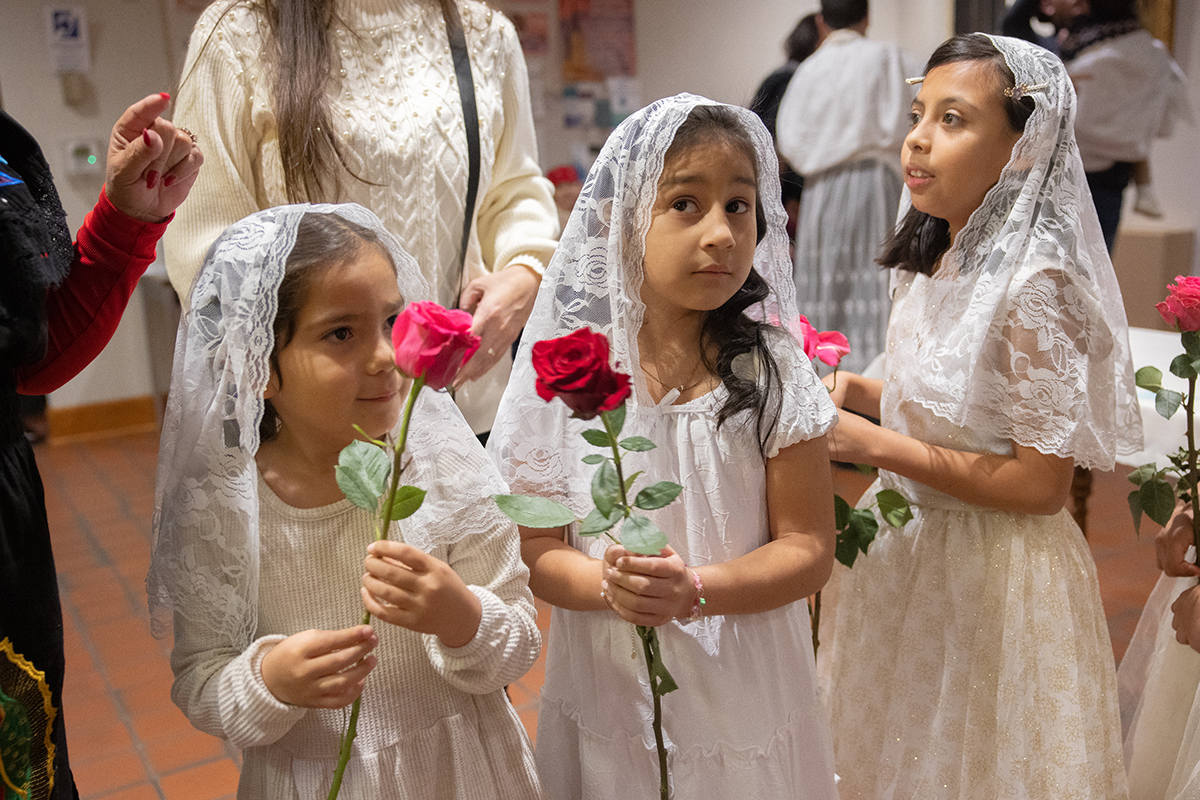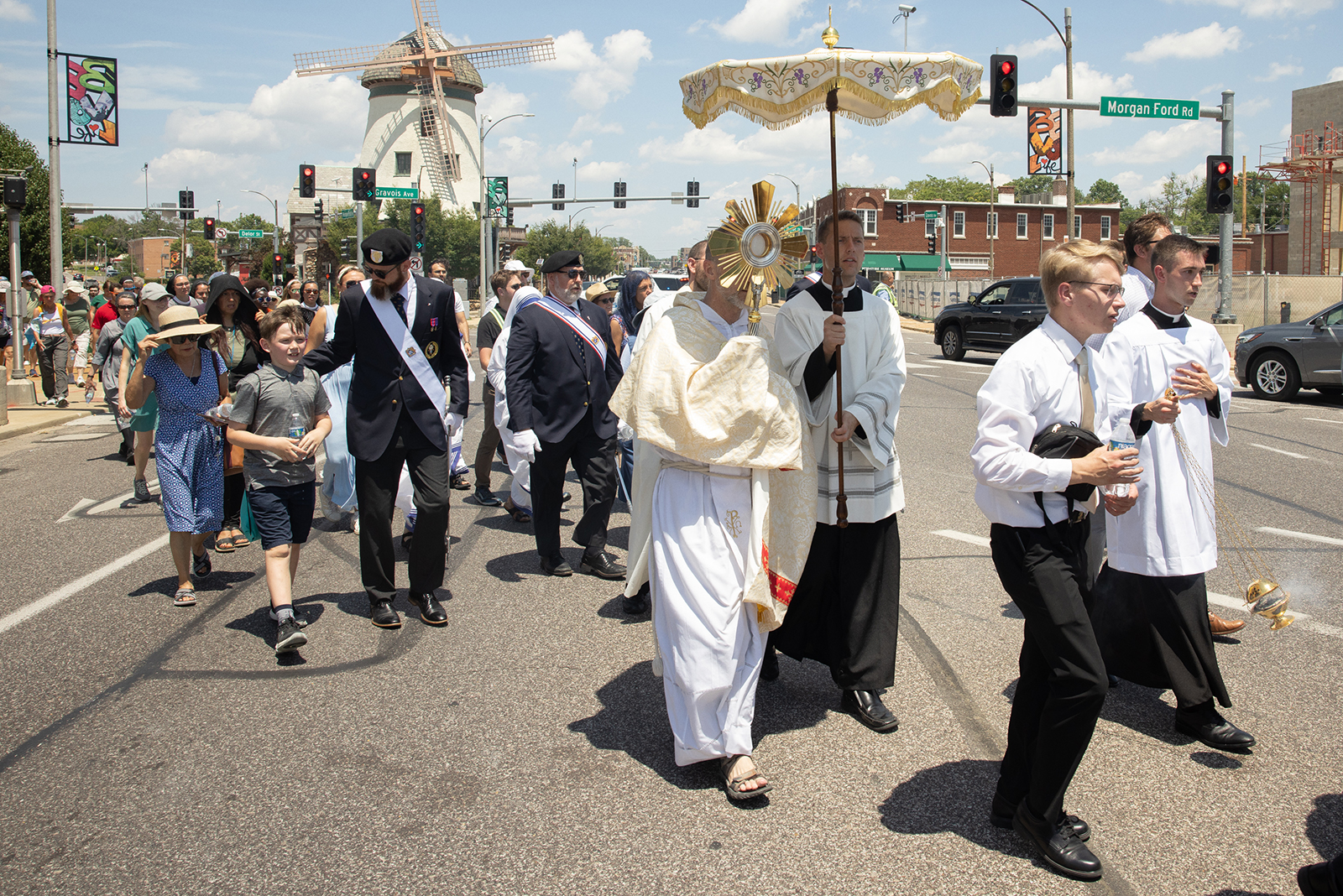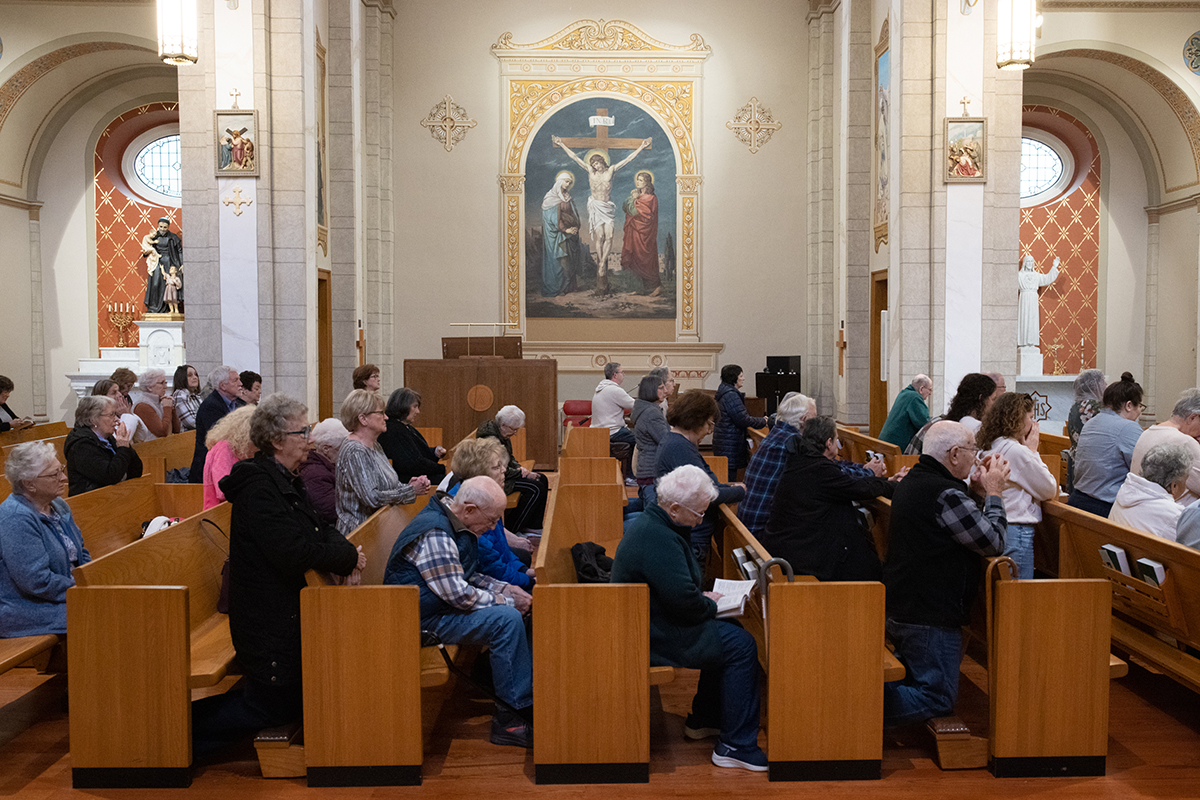St. Francis Community Services responds to new immigration policies
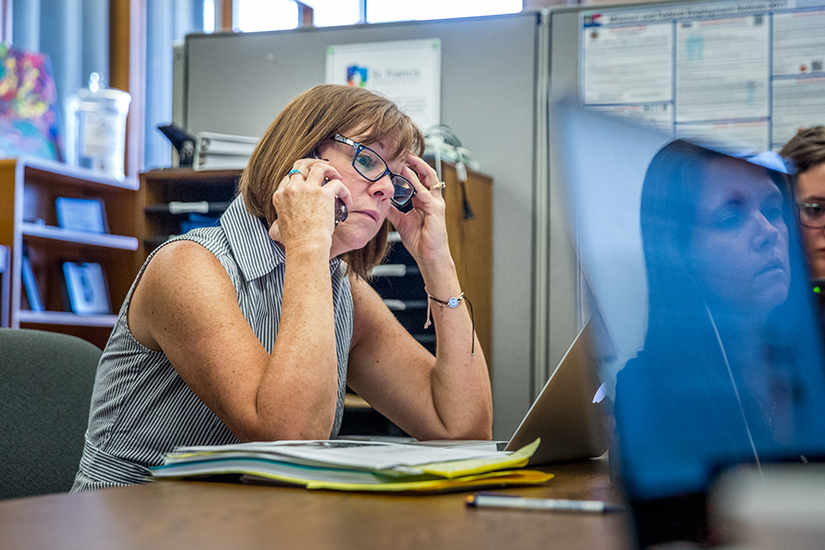
The group is bracing for work to be done on many fronts
Phones ringing off the hook, attorneys rushing everywhere, conversations happening in multiple languages.
While this may sound like a scene from a summer blockbuster, it’s a daily reality at St. Francis Community Services in the wake of recent policy changes on immigration over the past several months.
“Every day, the ground shifts,” said Amy Hirsch Diemer, managing attorney for Catholic Legal Assistance Ministry (CLAM), St. Francis’ legal arm. According to Diemer, immigration has always been St. Francis’ largest service, especially in its ministry to unaccompanied minors and the undocumented who often can’t attain legal help elsewhere. However, frequent policy changes in recent months have altered the way staff members conduct their services.
“There’s more anxiety and fear among our clients,” Diemer said, citing aggressive rhetoric on the national stage. St. Francis clients have sneaked to the grocery store, and their children have missed school or cried in class for fear that their parents would be deported. Diemer also said that St. Francis is spending “more time with the client” in order to find avenues toward legal status, which stricter standards for asylum seekers have made more difficult.
In response to this increased fear and uncertainty, St. Francis has held talks on topics such as power of attorney and “know your rights” to prepare their clients for dealings with immigration officers. They also have held events to raise awareness among the general public.
The latest shake-up occurred with the announcement of a “zero tolerance” policy, which resulted in the separation of some migrant children from their parents at the border. While an executive order from President Trump had stopped separation on June 20, Meredith Rataj, a site director and bilingual therapist for St. Francis’ Southside location, confirmed that separated children are now arriving in St. Louis. In both the cases of unaccompanied or separated children, St. Francis places them with a sponsor in the city, typically a relative.
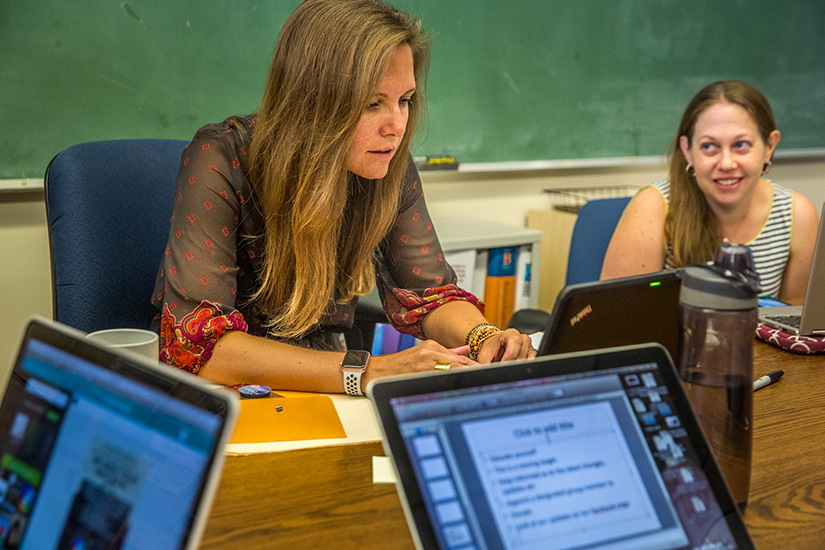
“Those are our neighbors and friends,” Rataj said. She described their clients as “woven into the fabric of South City.”
However, once children are placed in a home, they often continue to face psychological barriers that began during or before migration. Stress from being in a new culture or home can create “a lot of relational problems,” Rataj said, even if the sponsor is a relative or parent.
Policy changes also have impacted the migrant community’s mental health. Whereas before U.S. Immigration and Customs Enforcement (ICE) typically only detained people who had committed crimes, they now do so for as little as “a traffic violation,” Rataj said. This risk contributes to an “underlying anxiety” which feeds into further psychological issues.
In her role as a site director for St. Francis, Rataj is the face for much of St. Francis’ public outreach. On June 22, she represented the group at a City Hall press conference to announce a Board of Aldermen resolution calling for the city of St. Louis to support migrants and refugees.
Speaking to the press, Rataj said that “holding children and asylum seekers in jail is intended to demoralize and dehumanize.” She also quoted Archdiocese of Seattle Auxiliary Bishop Eusebio Elizondo, chairman of the USCCB Committee on Migration, saying that “it is time for our nation to reform this inhumane system, which unnecessarily detains persons, especially vulnerable populations.”
At a forum co-hosted at the Cardinal Rigali Center June 26 by St. Francis and the archdiocesan Peace & Justice Commission, members such as Rataj and Diemer explained St. Francis’ work as well as the USCCB’s official teachings on migration. Attorney Kristine Walentik explained current immigration law, drawing also on her experience visiting a family detention center in Dilley, Texas. In comments after, she said that detainees were relieved to no longer be traveling, “but then I also saw people who were scared to death that they might have to go back.”
St. Francis Community Services is one of eight divisions of Catholic Charities. In addition to immigration services, it offers disaster relief, veterans advocacy, housing assistance and family law services.
How you can help migrants and children with St. Francis Community Services
Volunteer with children: Volunteer opportunities are available for after-school programming with migrant children. Contact Meredith Rataj at mrataj@ccstl.org.
Volunteer legal services: Contact Amy Hirsch Diemer at amy.diemer@slu.edu to inquire about offering pro-bono legal work. Spanish speakers in particular are needed.
Donate: Donations are currently being sought to fund new positions for legal professionals and bilingual therapists. Donate at sfcsstl.org/get-involved/donate or send a check or money order to St. Francis Community Services, P.O. Box 952393, St. Louis, MO 63195-2393.
Catholic social teaching on immigration
Speaking at the Cardinal Rigali Center the evening of June 26, managing attorney for CLAM Amy Hirsch Diemer cited the principles of immigration in Catholic social doctrine as laid out by the United States and Mexican bishops in the 2003 joint pastoral letter “Strangers No Longer: Together on the Journey of Hope.”
The five principles laid out by the bishops are as follows:
1. Persons have the right to find opportunities in their homeland.
2. Persons have the right to migrate to support themselves and their families.
3. Sovereign nations have the right to control their borders.
4. Refugees and asylum seekers should be afforded protection.
5. The human dignity and human rights of undocumented migrants should be respected.
Source: USCCB.org
Phones ringing off the hook, attorneys rushing everywhere, conversations happening in multiple languages. While this may sound like a scene from a summer blockbuster, it’s a daily reality at St. … St. Francis Community Services responds to new immigration policies
Subscribe to Read All St. Louis Review Stories
All readers receive 5 stories to read free per month. After that, readers will need to be logged in.
If you are currently receive the St. Louis Review at your home or office, please send your name and address (and subscriber id if you know it) to subscriptions@stlouisreview.com to get your login information.
If you are not currently a subscriber to the St. Louis Review, please contact subscriptions@stlouisreview.com for information on how to subscribe.

